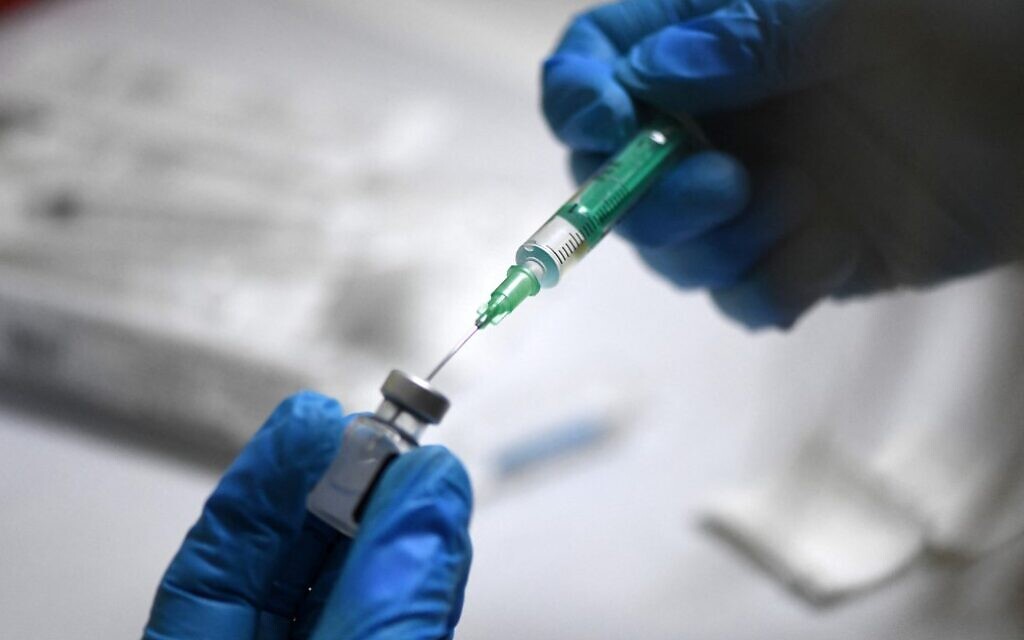After the Manitoba, Canada, public health agency reported data showing those fully vaccinated (not boosted) for COVID-19 are at higher risk of dying from the virus compared to unvaccinated individuals, health officials stopped reporting on the data — a trend seen in other countries, including Scotland, the U.K. and the U.S.
Manitoba, population 1.4 million, was the first Canadian province whose public health agency reported data showing those who are fully vaccinated (not boosted) for COVID-19 are at higher risk of dying from COVID-19 compared to unvaccinated individuals.
The risk of death for those who were boosted was the same as for unvaccinated individuals.
By the end of December 2021, 74.7% of Manitobans were vaccinated for COVID-19 and 18.7% were not vaccinated, according to Manitoba Public Health’s weekly report for December 19-25, 2021.
At that time, Manitoba was not reporting on severe COVID-19 outcomes by vaccination status.
On Jan. 12, 2022, Global News reported that between Nov. 22, 2021, and Jan. 2, 2022, boosted individuals (purple bar) were 63 times less likely to die from COVID-19 than unvaccinated individuals.
With COVID-19, for example, it is well known that older adults are at a higher risk of hospitalization and death from COVID-19. If older adults are more likely to opt for vaccination and boosting, then the vaccinated and boosted groups would have a greater proportion of older people, who are at higher risk of severe outcomes, than the unvaccinated group.
READ ALSO: Inquest links celebrity’s fatal brain injury to COVID vaccine
Without age-standardization, the statistics would not show the impact of vaccination independent of age.
Though there were nearly 5 of 16 weeks that overlapped with the time window on which Global News reported, the vaccine’s effectiveness against severe outcomes had somehow plummeted.
Then in the subsequent report that covered the month of March only, vaccine effectiveness dropped more (notice the 3 times greater risk of ICU admission in the partially vaccinated):
For the month of May, Figure 6 (above) shows that unvaccinated individuals were 40% less at risk of COVID-19-associated death than fully vaccinated individuals, and their risk was the same as boosted individuals.
Unvaccinated people also were 30% less likely to require hospitalization than vaccinated people, and 10% more likely to be hospitalized than boosted people.
Unvaccinated people were more likely to require ICU admission — 20% more than fully vaccinated people and 80% more likely than boosted individuals.
“Monthly updates about severe outcomes after vaccination have been discontinued starting Week 31 [July 31-Aug. 6]. Manitoba Health will continue to monitor COVID-19 vaccine effectiveness and report periodically when data allow.”
At the time of this writing, Manitoba Public Heath had not responded to a request to explain why it stopped reporting this data.
Despite their latest data showing an increased risk of death and hospitalizations in vaccinated individuals and no survival benefit in the boosted, the authors paradoxically summarize:
“COVID-19 vaccines continue to provide important protection against serious illness following infection due to all variants of concern (VOC) of COVID-19.”
Though independent journalist Alex Berenson brought attention to this official data, there have been no news reports in the mainstream media about this disquieting trend in Manitoba.
READ ALSO: Novavax COVID Vaccines should carry heart inflammation warning- EU
Nor have the media reported on why Manitoba suddenly stopped releasing this data. This appears to be part of a larger trend of public agencies ending reporting on severe COVID-19 outcomes by vaccination status.
For example, the Canadian province of British Columbia (BC), like Manitoba, for a time produced weekly reports that included age-stratified data on severe COVID-19 outcomes by vaccination status.
Ontario continues to report deaths by vaccination status, but as raw data in a CSV file that can be downloaded and that requires the person who downloads it to generate the graph.
The Centers for Disease Control and Prevention (CDC) does report deaths by vaccination status, but does not include boosted individuals.
The data also are nearly three months old, despite assurances that these numbers are updated monthly. There are too few deaths in the under-18 age category to report.

 Entertainment5 days ago
Entertainment5 days ago
 Health1 week ago
Health1 week ago
 Health4 days ago
Health4 days ago
 Football1 week ago
Football1 week ago
 Football1 week ago
Football1 week ago
 Crime4 days ago
Crime4 days ago
 Crime1 week ago
Crime1 week ago
 Education6 days ago
Education6 days ago

